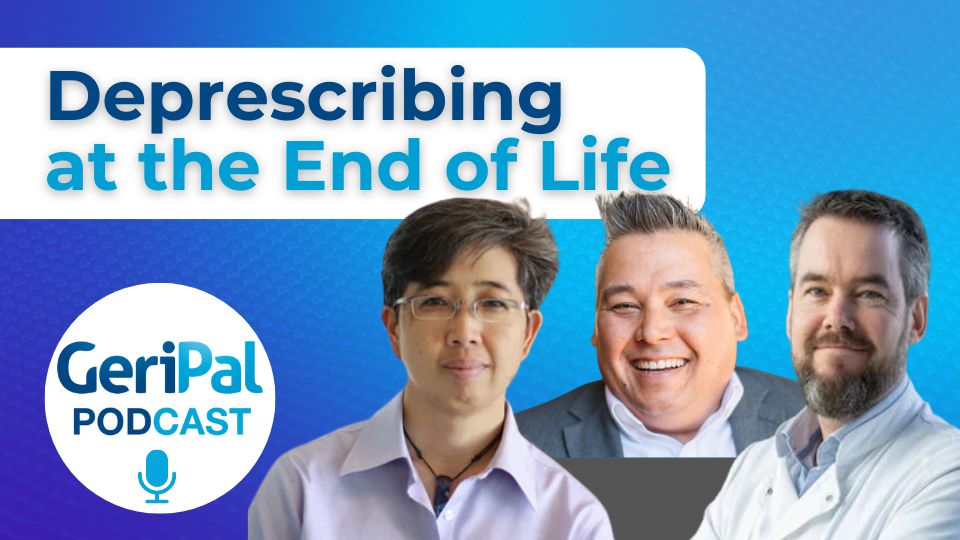

Have you heard of the Portal for Online Geriatric Education (POGOe)?
The Portal of Geriatric Online Education (http://www.POGOe.org/) is a free public repository of geriatric and palliative care educational materials (i.e. OSCEs, games, web-based modules, and lectures) developed by leading educators.Launched in 2004, the site boasts over 7,800 registered Users, visitors from over 150 countries, and contains over 650 educational materials.
Here are a couple key POGOe offerings that may interest our GeriPal community:
- Lots of great NEW FORUMS! There’s one for geriatric fellowship directors (called ADGAP), GACA recipients, and one for both the AAHPM Geriatrics SIG & AGS Palliative Care SIG (it’s called the GeriPal forum). These forums provide a venue for educators around the world to participate in an online discussion with their peers. Come join the discussion!
- Repository of Critically Acclaimed Papers (ReCAP) – An online journal club for geriatrics and palliative care fellows and faculty where they can discuss the practice of evidence-based medicine. These are updated weekly with the most recent high-quality geriatrics and palliative care articles from McMaster University’s Evidence Updates database.
- Hartford Geriatric Nursing Initiative – This is POGOe’s new collaboration with the John A. Hartford Foundation, adding teaching materials for nursing educators and nursing students to the collection.
- Video Library –Pulled from POGOe products, this easy to browse librarymakes video content more accessible and reusable as independent educational objects.
- Geriatric Competencies – This section houses the minimum competencies for physicians-in-training, nurses-in-training, and multidiscipline entry-level health professional degrees.
- Product of the Year -SAGE: Numb and Number Peripheral Neuropathy in the Elderly University of Texas Southwestern by Singer, M.; Roche, V.; Oksenberg, L. This online self-directed module teaches about assessment of elderly patients with peripheral neuropathy. The focus of this module is on history taking, review of anatomy, physical exam, and basic treatment pearls. It includes the interactive “Texas Plexus” game to teach the brachial plexus and lubosacral plexus.
by: Amy M. Corcoran



